“We have said that the presence of extra-regional powers in the Persian Gulf is unhelpful and damaging and their presence has no result other than turbulence in the region,” Vahidi told reporters after a cabinet meeting. “Therefore we have always been saying that they (should) not be present in this waterway.”
The defense minister made the remarks a day after the commander of Iran’s Armed Forces advised a U.S. aircraft carrier, which had left the Persian Gulf because of Iran’s naval war games, not to return to the sea.
“We advise, recommend, and warn them that this aircraft carrier (should) not return to its previous place in the Persian Gulf, because we are not used to repeating a warning and give a warning only once,” Major General Ataollah Salehi said.
The Pentagon, in response to Salehi’s remarks, said that the deployment of U.S. military assets in the Persian Gulf region “will continue as it has for decades”, the Financial Times reported on Wednesday.
George Little, a Pentagon spokesman, said that “no one in this government seeks confrontation over the Strait of Hormuz”, but added that any attempt to close the straits would not be tolerated.
On the news about the possible closure of the Strait of Hormuz, Vahidi said that “the security of this strategic strait is of high importance” to the Islamic Republic.
“Iran, as an important regional power, has a good right to the Strait of Hormuz, and will take measures to maintain the security of the strait,” he stated.
“But the enemy is seeking to create a commotion about this issue and sell its arms to various countries in the region through magnifying such issues,” he added.
PA/AM
END
MNA


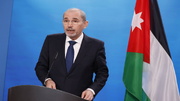
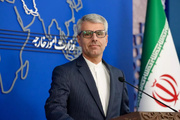

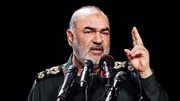

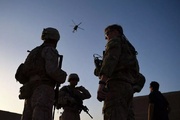
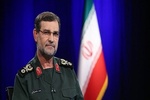






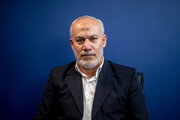






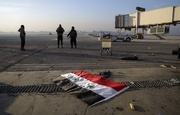
Your Comment